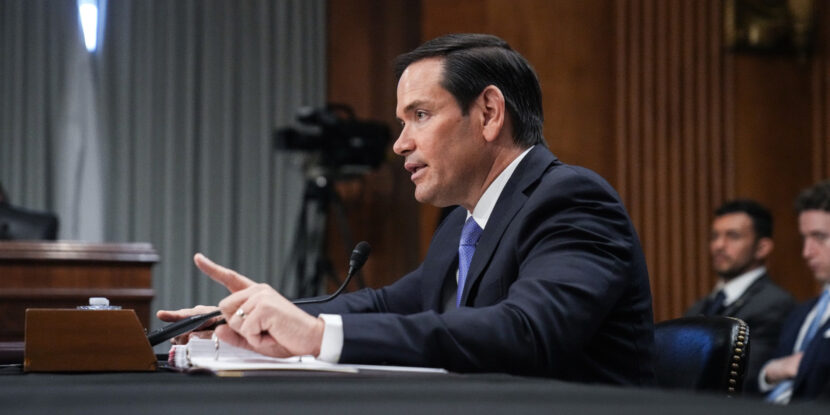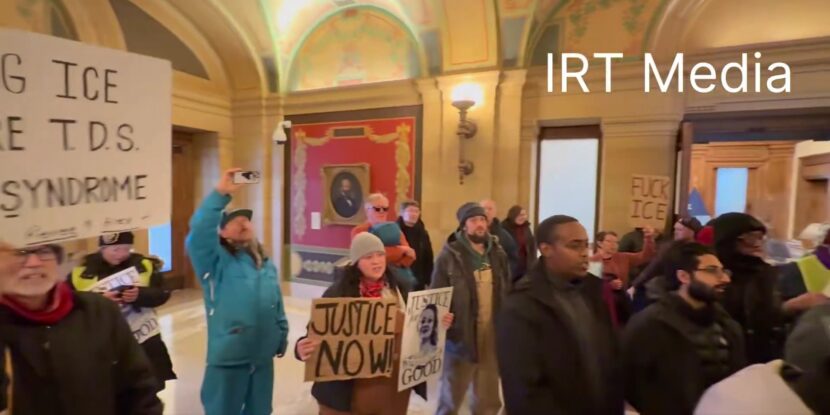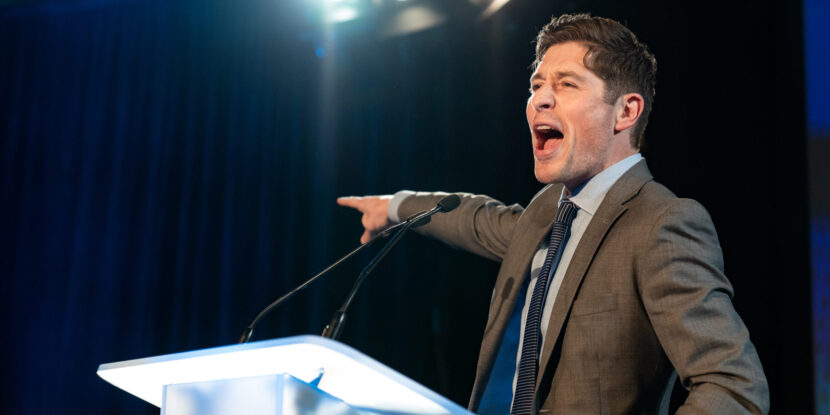PULSE POINTS:
❓What Happened: Secretary of State Marco Rubio announced a new policy to block U.S. entry for foreign officials and their families involved in censorship of Americans or interference with U.S. tech companies.
👥 Who’s Involved: Secretary of State Marco Rubio, Vice President J.D. Vance, President Donald Trump, Brazilian Supreme Court Justice Alexandre de Moraes, and Representatives Maria Elvira Salazar (R-FL) and Darrell Issa (R-CA).
📍 Where & When: United States, with the new policy announced in May and building on actions taken since Rubio assumed office, including the shutdown of the Global Engagement Center in April.
💬 Key Quote: “Foreigners who work to undermine the rights of Americans should not enjoy the privilege of traveling to our country,” Rubio posted on X.
⚠️ Impact: Visa bans could affect hundreds or thousands of foreign officials, targeting those enforcing censorship campaigns that violate free speech rights or coerce U.S.-based platforms.
IN FULL:
Secretary of State Marco Rubio has unveiled a sweeping policy to deny U.S. entry to foreign officials and their families involved in censorship campaigns targeting Americans or U.S.-based technology platforms. The policy, rooted in the Immigration and Nationality Act, aims to counter what Rubio describes as an expanding global censorship apparatus.
The initiative builds on Rubio’s actions since assuming office, including the April shutdown of the State Department’s Global Engagement Center (GEC). The GEC had faced criticism for funding organizations like the Britain-based Global Disinformation Index, accused of labeling dissenting views as misinformation. Rubio cited the GEC’s activities as incompatible with free speech principles.
The new visa restrictions target foreign judges, bureaucrats, regulatory officials, and others orchestrating censorship efforts. This includes those enforcing Europe’s Digital Services Act (DSA), which Rubio has criticized as an overreach compelling censorship on platforms like X (formerly Twitter), Meta, and Google. “Foreigners who work to undermine the rights of Americans should not enjoy the privilege of traveling to our country,” Rubio stated on X.
The British government, which is particularly censorship-prone, is especially concerned that officials from the communications regulator Ofcom will be targeted.
The policy’s foundation traces back to September 2024, when five Republican lawmakers urged then-Secretary of State Antony Blinken to impose visa bans on foreign officials suppressing speech rights. Their letter specifically named Brazilian Supreme Federal Court Justice Alexandre de Moraes and accused him of silencing opposition voices and targeting X under dubious legal pretenses. Representative Maria Elvira Salazar (R-FL), co-author of the letter, later introduced the “No Censors on our Shores Act” with Congressman Darrell Issa (R-CA), aiming to formalize such restrictions.
President Donald J. Trump and his administration have expressed increasing alarm over foreign governments pressuring U.S. companies to implement censorship exceeding American legal standards. Internal memos suggest the visa bans could apply to hundreds or even thousands of officials worldwide. Cases involving threats to arrest platform employees, freeze assets, or enforce foreign speech codes may fall under the policy’s scope.
The move aligns with the “America First Policy Directive” President Trump signed in January, prioritizing safeguarding U.S. speech rights abroad. Vice President J.D. Vance has also emphasized the administration’s commitment to opposing global censorship regimes, calling out European authorities for weaponizing laws to suppress political dissent.




















